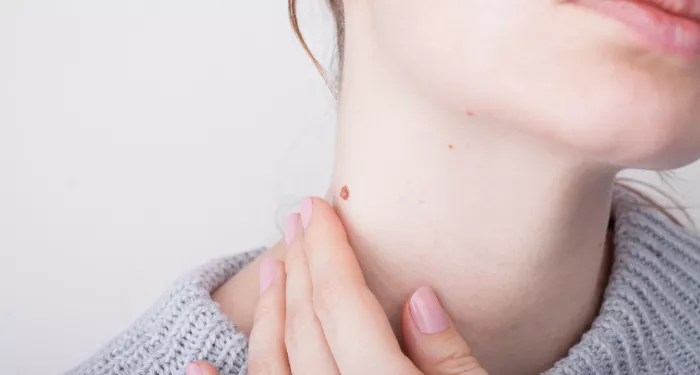Useful Home Remedies to get rid of Warts
Effective Home Remedies to Remove Warts Naturally
Warts are common skin growths caused by the Human Papilloma Virus (HPV). Although they are generally harmless, warts can be unsightly, causing discomfort and even embarrassment due to their prominent visibility. Additionally, warts are contagious, making it essential to address them promptly. Fortunately, there are several safe and effective home remedies to help eliminate warts.
Types of Warts
The appearance and location of warts can vary. For instance, plantar warts develop on the feet and may cause pain due to prolonged walking or standing. Filiform warts often appear on the face, near the eyes or mouth, and have a spiky appearance. Warts may also form on the genitals and can spread through sexual contact. Before using any home remedies, it’s crucial to have your warts evaluated by a medical professional to rule out any underlying issues.
Natural Remedies to Remove Warts
Banana Peels
- Take a peel from a ripe banana and cut out a piece large enough to cover the wart.
- Place the inner side of the peel against the wart and secure it with tape.
- Change the peel regularly.
- The enzymes in the banana peel work to break down the wart, causing it to fall off within two weeks.
Essential Oils
- Choose an essential oil like tea tree, thyme, eucalyptus, or lemon oil.
- Warm the oil slightly (optional) and apply it directly to the wart, massaging gently.
- Repeat this at least three times a day.
- Essential oils contain concentrated anti-septic and therapeutic properties that can help eliminate warts over time. Continue applying even after the wart falls off to prevent recurrence.
Apple Cider Vinegar
- Mix apple cider vinegar and water in a 2:1 ratio.
- Soak a cotton ball in the solution and squeeze out the excess.
- Tape the cotton ball over the wart before bedtime and remove it in the morning.
- Repeat this nightly for 1-2 weeks.
- The acidic nature of apple cider vinegar helps break down the wart’s hard skin, causing it to fall off.
Garlic
- Crush a garlic clove to form a thick paste.
- Apply it to the wart and cover it with a bandage.
- Leave it on for 30 minutes, then wash the area thoroughly.
- Garlic’s anti-viral and anti-bacterial properties, attributed to its compound allicin, help dry out and eliminate the wart. For faster results, consider consuming 3-4 garlic cloves daily or taking garlic capsules.
Vitamin C Tablets
- Crush a vitamin C tablet and mix it with a few drops of lemon juice to create a paste.
- Apply the paste to the wart and massage it in.
- Repeat daily for at least two weeks.
- Vitamin C’s immune-boosting and anti-viral properties make it effective for external wart treatment.
White Vinegar and Baking Soda
- Mix one tablespoon of white vinegar with enough baking soda to create a thick paste.
- Apply the paste to the wart twice daily, once in the morning and once at night.
- Consider adding a small amount of castor oil to reduce inflammation and irritation.
- This mixture is effective for stubborn, hard warts.
Honey
- Apply a thick layer of honey over the wart, completely covering it.
- Leave it on overnight or for a few hours.
- Honey’s anti-septic and thick consistency blocks oxygen, helping to eradicate the wart-causing virus.
Dietary Recommendations for Wart Prevention
Boosting your immunity through a balanced diet can also aid in wart removal:
- Vitamin C: Consume citrus fruits to strengthen your immune system.
- Vitamin A: Add leafy greens to your diet to enhance your immunity.
- Zinc-Rich Foods: Eat foods like nuts, spinach, meats, and pumpkin seeds to support immune function.
- Probiotics: Incorporate yogurt and fermented foods to encourage healthy gut bacteria and improve your body’s ability to fight infections.
When to See a Doctor
While home remedies can be highly effective with minimal side effects, persistent or recurring warts may require medical intervention. Genital warts, in particular, can be an early indicator of cervical cancer in women and should be evaluated by a healthcare professional. If you have concerns about your warts, consult a dermatologist or skin specialist for appropriate treatment options.







